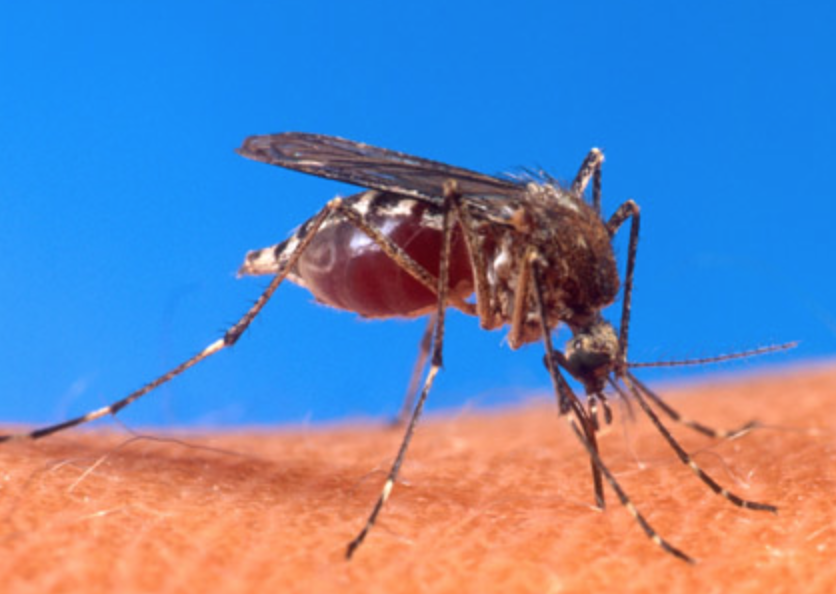The Massachusetts Department of Public Health announced yesterday, Thursday, Aug. 7 that West Nile virus mosquito samples have been identified recently in Boston and Newton. The risk level for Boston, Newton and neighboring communities including Belmont has been increased to moderate, according to a press release from the Belmont Department of Health.
WNV is most commonly transmitted to humans by the bite of an infected mosquito. The mosquitoes that carry this virus are common throughout the state and are found in urban as well as more rural areas. While WNV can infect people of all ages, people over 50 are at higher risk for severe infection.
As always, there are a few precautions people can do to protect themselves and their families:
Avoid Mosquito Bites
- Be Aware of Peak Mosquito Hours: The hours from dusk to dawn are peak biting times for many mosquitoes. Consider rescheduling outdoor activities that occur during evening or early morning. If you are outdoors at any time and notice mosquitoes around you, take steps to avoid being bitten by moving indoors, covering up and/or wearing repellant.
- Clothing Can Help to reduce mosquito bites. Although it may be difficult to do when it’s hot, wearing long-sleeves, long pants and socks when outdoors will help keep mosquitoes away from your skin.
- Apply Insect Repellent when you go outdoors. Use a repellent with DEET (N, N-diethyl-m- toluamide), permethrin, picaridin (KBR 3023), IR3535 or oil of lemon eucalyptus [p-methane 3, 8-diol (PMD)] according to the instructions on the product label.
Mosquito-Proof Your Home
- Drain Standing Water: Many mosquitoes lay their eggs in standing water. Limit the number of places around your home for mosquitoes to breed by either draining or getting rid of items that hold water. Check rain gutters and drains. Empty any unused flowerpots and wading pools, and change water in birdbaths frequently.
- Install or Repair Screens: Some mosquitoes like to come indoors. Keep them outside by having tightly-fitting screens on all of your windows and doors.
Information about WNV and reports of WNV activity in Massachusetts during 2014 can be found on the MDPH website at http://www.mass.gov/dph/wnv. Recorded information about WNV is also available by calling the MDPH Public Information Line at 1-866-MASS-WNV (1-866-627-7968).








Leave a Review or Comment